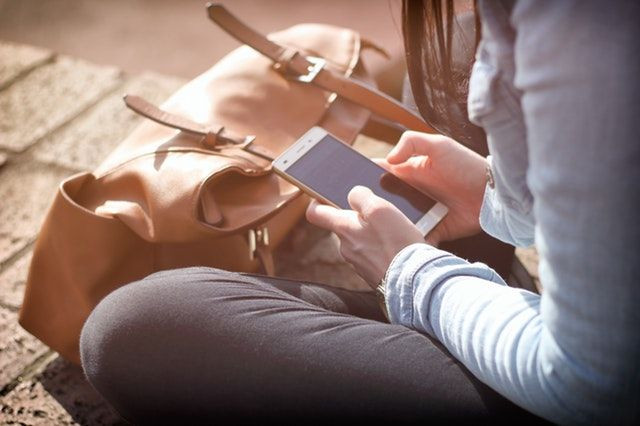Facebook Friends May Get You Sick: Obsessive Social Media Use Triggers URI

Social media makes it easy for us to be connected 24/7 from the palms of our hands. Sites like Facebook, Twitter and Instagram allow us to scroll through our feeds to comment, like, and post content. Now, a recent study published in Computers in Human Behavior found people with more Facebook friends suffer from poorer health, and in particular, more upper respiratory infections.
Facebook user behavior helped researchers at Regis University explain the link between Facebook use, stress and health. Social media use was not linked to poorer health, nor was the total time spent on Facebook associated with infections. However, the number of Facebook friends influenced the likelihood of infections along with participants who reported Facebook-induced anxiety.
"Users who demonstrated anxiety regarding their Facebook use were more likely to demonstrate a pattern of increased number of log-ins to Facebook/day and these anxiety-linked behavior patterns were associated with poorer health," wrote the researchers, in their paper.
Moreover, anxious Facebook users included those who spent more time analyzing why someone did not immediately respond to a comment they left; used Facebook to avoid face-to-face interactions; and were more likely to question whether a commentor was serious or joking.
Previous research has found Facebook increases people's anxiety levels by making them feel inadequate and inducing excess worry and stress. Researchers believe this is because social media sites provide constant updates, which motivates many people to obsessively check their status and newsfeed on their smartphones. Moreover, two-thirds of users had difficulty sleeping due to anxiety and other negative emotions after using the social media sites.
Exposure to chronic stress can suppress immune function, therefore, increasing the possibility of infection. Social media-induced anxiety and worry can lead to chronic stress, which could lead to developing health problems, like upper respiratory infections following virus exposure. Anxiety could also spur a flare-up of an existing allergic or autoimmune condition. A study published in Clinical and Experimental Allergy found periods of chronic stress can result in an increased incidence of herpes virus reactivation, which offers proof that stress suppresses the immune components that keep viral infections in check.
Jay P. Campisi, study author from Regis University, believes using social media is not the answer to simply feel better, whether it's emotionally, mentally, or physically.
“If you’re looking to feel less lonely or feel happier or have better health, probably staring at a phone or computer screen is not the way to go," Campisi told PsyPost.
Campisi and his colleagues analyzed the survey responses of 89 healthy college students who were asked questions about their Facebook use and general health. The researchers then tracked the respondents for 10 weeks to monitor the occurrence of upper respiratory infections. Overall, Facebook-induced anxiety and stress triggered a higher number of infections; those with more Facebook friends reported higher anxiety and stress levels and more infections.
Physical activity levels, sleep and social support did not influence these associations. The findings do suggest there could be a link between specific Facebook use, psychological anxiety and health. However, the researchers caution there are limitations: the study only examined college-aged Facebook users, and cannot determine if the results would apply to other groups of people.
“For example, do grandparents who are using Facebook to view pictures of their grandchildren feel the same anxiety/stress that college students might have?" said Campisi.
The study focused on Facebook, but other research suggests sites like Instagram are also culprits when it comes to inciting stress and poor health. Earlier this year, a study found Instagram was associated with high levels of anxiety, depression, bullying and FOMO, or "the fear of missing out." One survey respondent wrote: “Instagram easily makes girls and women feel as if their bodies aren’t good enough as people add filters and edit their pictures in order for them to look ‘perfect.’”
Social media use isn't bad, but this survey and others like it make us quetion why we use such sites in the first place, and what benefit we get from them.
Source: Campisi J, May J, Burch K et al. Anxiety-inducing Facebook behavior is associated with higher rates of upper respiratory infection in college-aged users. Computers in Human Behavior. 2017.



























